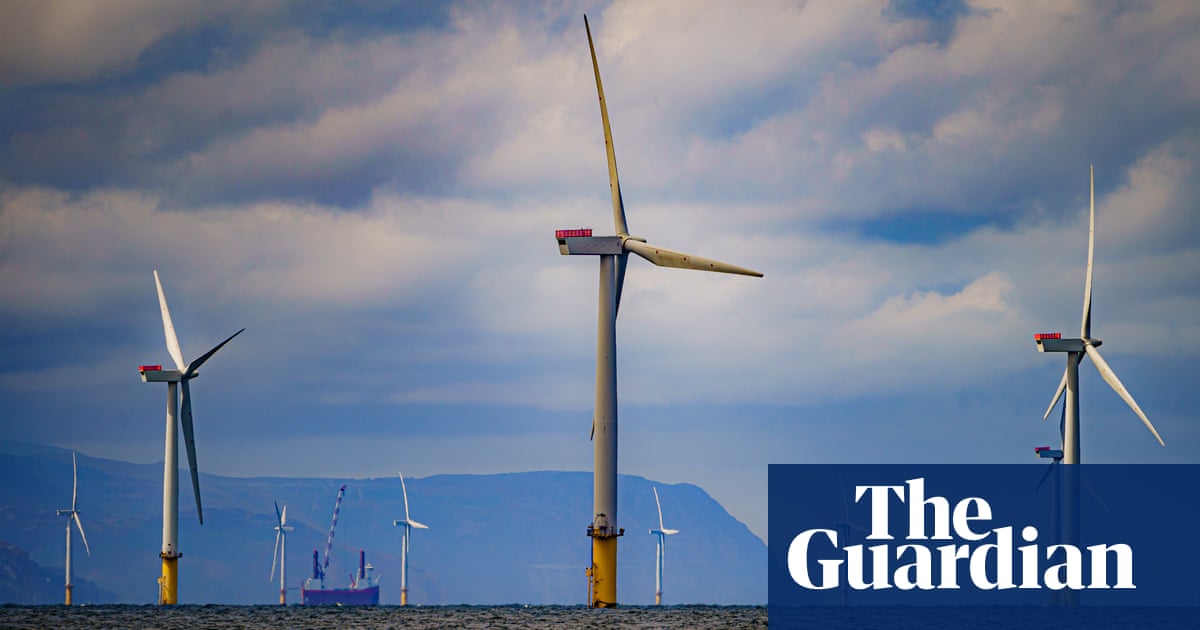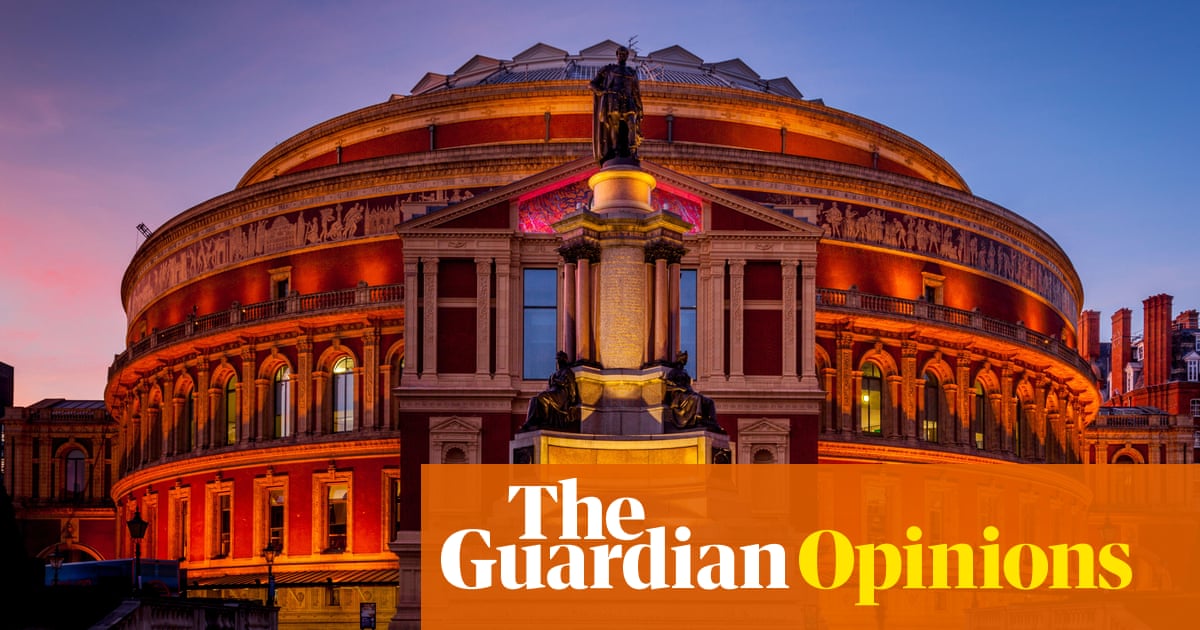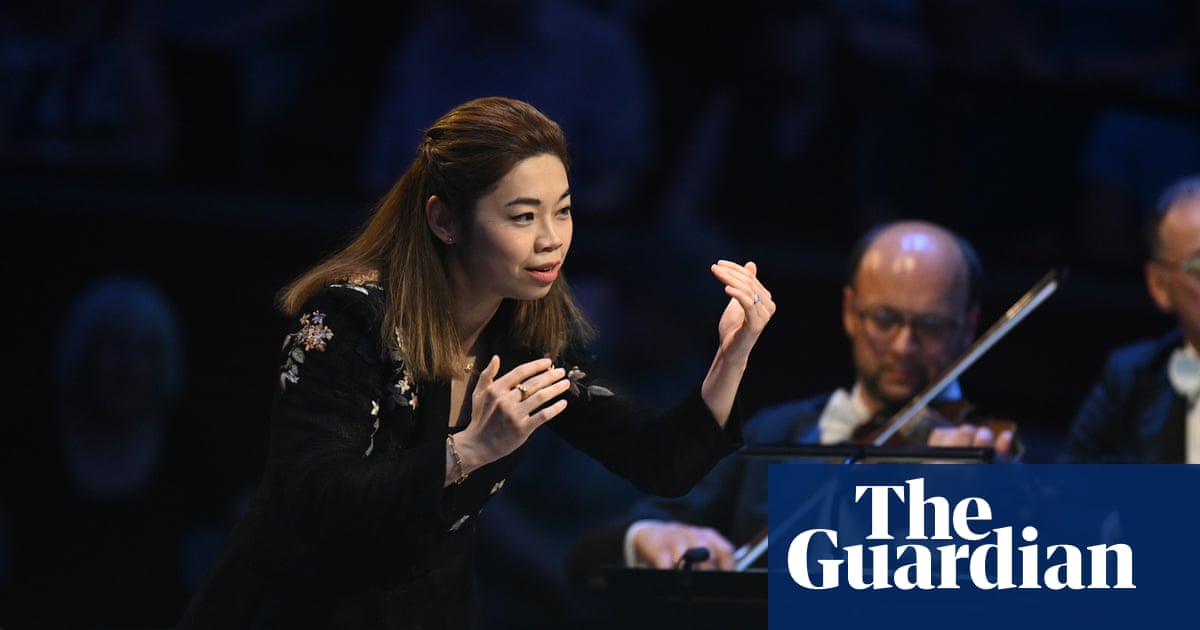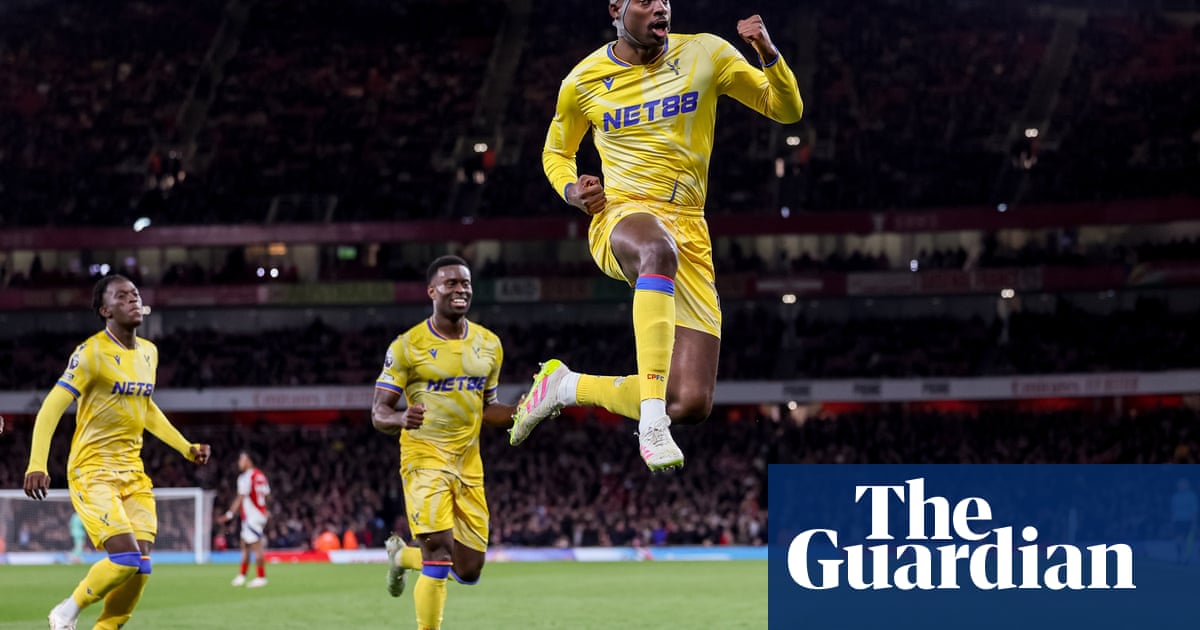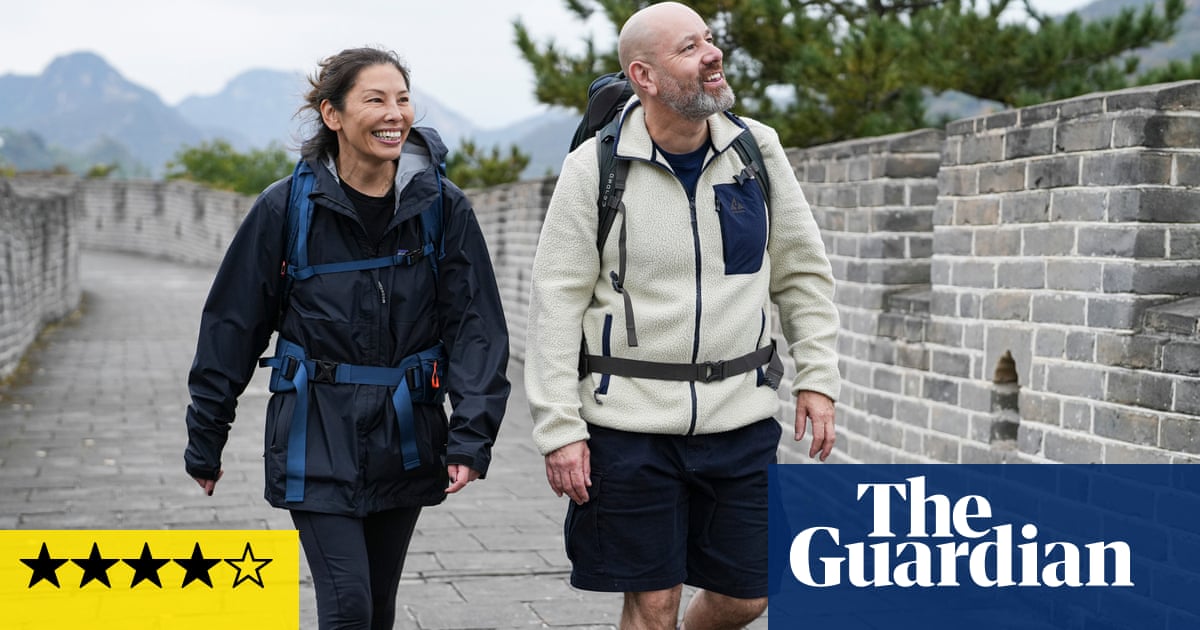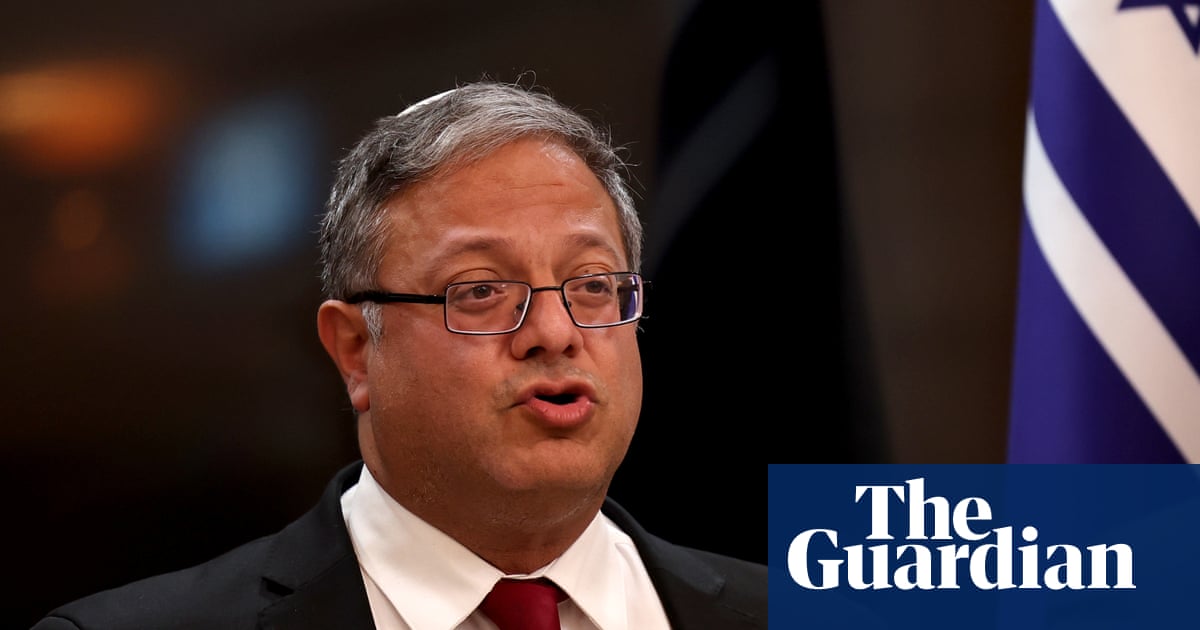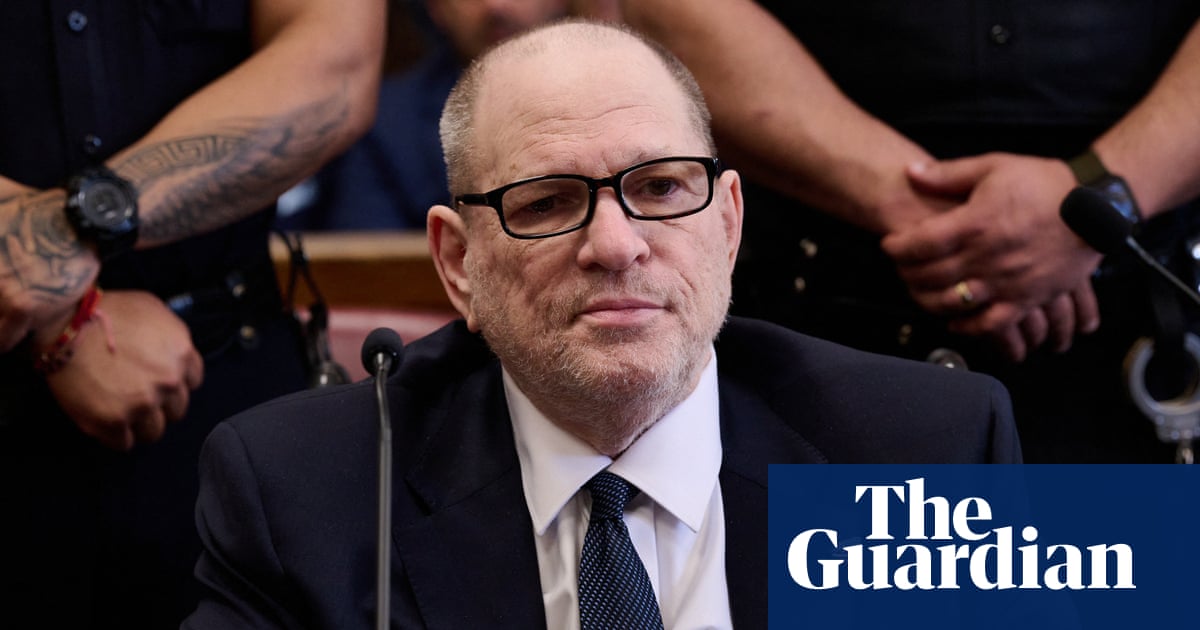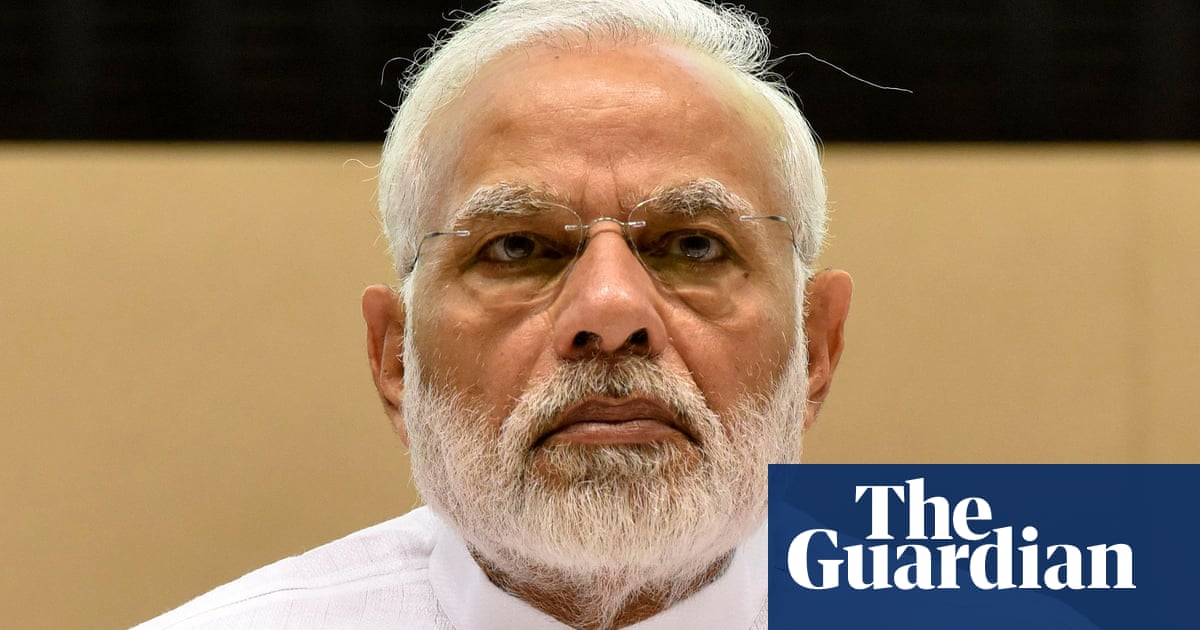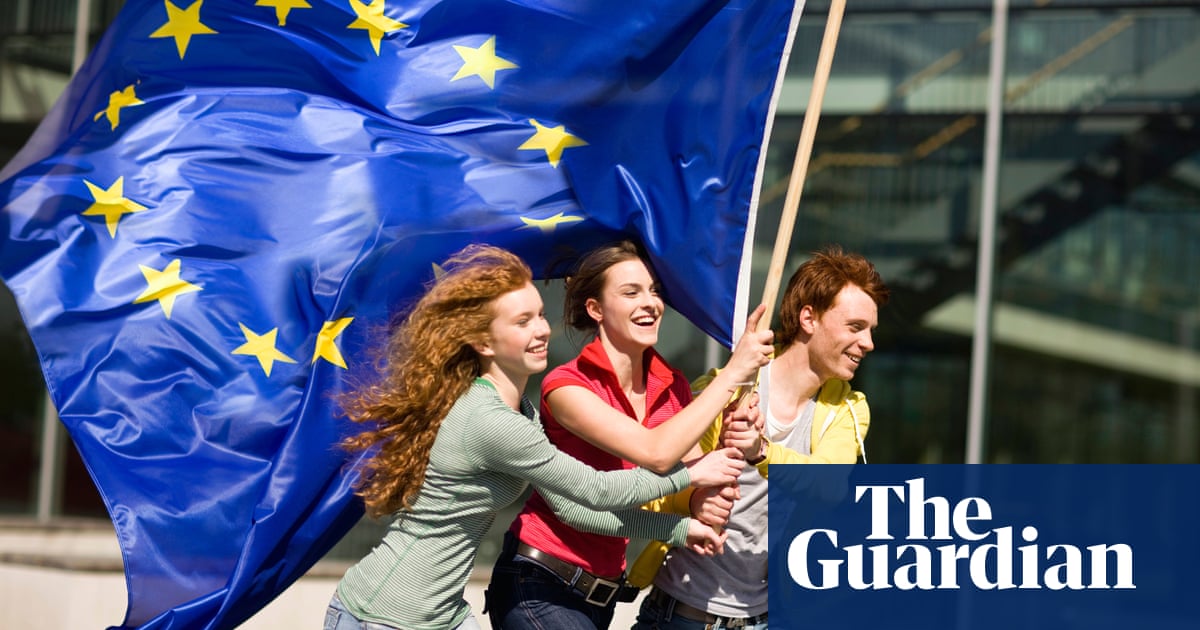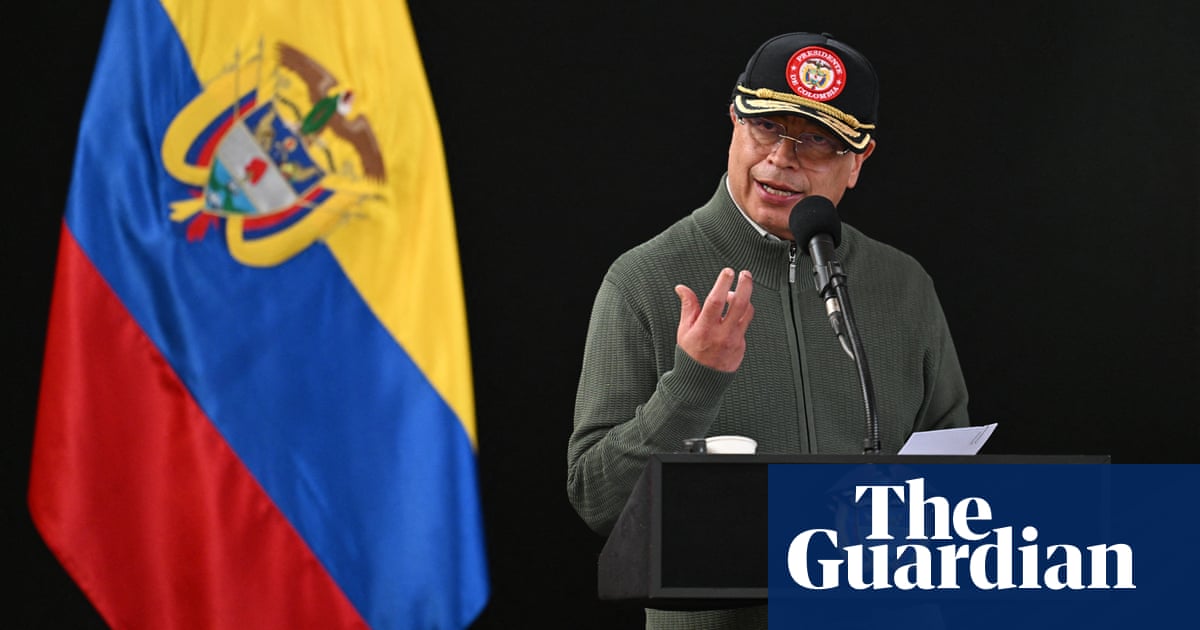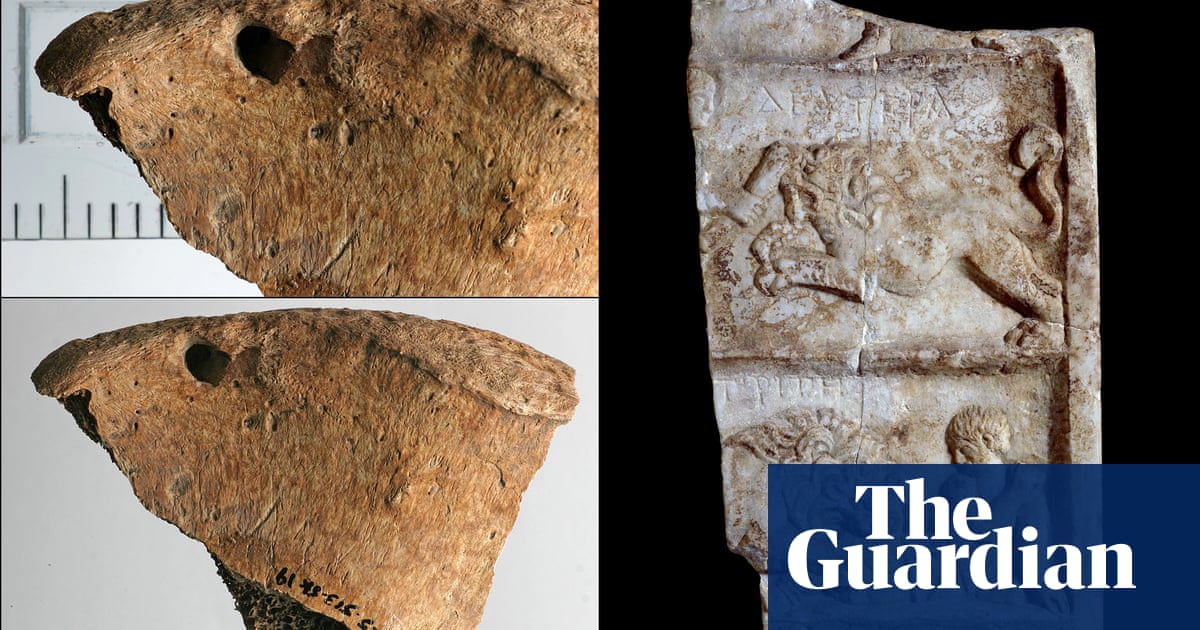Five hours after being shot in the belly, a Haitian accountant sat in a Port-au-Prince emergency room pondering how his homeland might be saved.
“I follow the news,” said the 60-year-old, who had been hit by a stray bullet early that morning, the latest victim of seemingly interminable gang conflict that has claimed thousands of lives in the last year alone. “And I watch the young president of El Salvador who has the same problem as us.
“He made efforts and built special prisons for them,” the man said of the Central American country’s 43-year-old leader, Nayib Bukele. “There were people who supported gang members there – he arrested them too. There is no favoritism. That’s why the people gave him a second term.”
All across the Americas, similar sentiments can be heard as Bukele’s authoritarian clampdown wins admirers, from Argentina and Ecuador to Haiti and Belize. This week, the Trump administration gave Bukele’s crackdown its blessing, with the secretary of state, Marco Rubio, showering El Salvador’s president with praise during a five-country tour of Latin America.
Bukele, in turn, offered to accept deportees from the US – including US citizens and legal residents, a move that would be illegal under US law.
Human rights activists have voiced horror as tens of thousands of people – including thousands of children – have been jailed since Bukele’s state of emergency was declared in March 2022, mostly without legal process. More than 100 have died behind bars.
But many across Latin America and the Caribbean have applauded the draconian anti-crime offensive, which the government claims has converted one of the world’s most violent places into one of its safest.
“You think that Bukele is the most influential world leader for no reason?” Belize’s police commissioner, Chester Williams, told reporters last year as a state of emergency was declared there after a surge in gang-related murders. “The state of emergency is something that many countries in the region are looking at because they have seen how effective it has worked in El Salvador, and every government wants their people to be safe.”
The centrepiece of Bukele’s security campaign is a multimillion-dollar mega-prison called the “terrorism confinement centre”.

That 40,000-capacity jail, near the capital, San Salvador, has become a place of pilgrimage for rightwing populists, with politicians jetting in from across the region to study its techniques and take tweetable selfies outside cells filled with tattooed inmates.
“We’ve received people from Peru, people from Argentina, people from Panama, people from Guatemala, people from Honduras,” El Salvador’s security minister, Gustavo Villatoro, boasted last year during a rightwing conference in Brazil, where he received a pop star’s welcome and spoke to chants of “Bu-ke-le! Bu-ke-le!”
“They came … to see the hope in the faces of Salvadorian citizens – and we want to see hope in the faces of 660 million Latin Americans,” Villatoro added.
Rubio did not visit Bukele’s “confinement centre” while visiting El Salvador, but he hailed the country’s “transformation”. “A country that was once known for violence and for the inability to live openly and freely with one’s family and enjoy life has now become one of the most secure in the hemisphere thanks to his leadership, to the difficult decisions that had to be made,” Rubio said, thanking Bukele for his “extraordinary” offer to jail prisoners deported from the US.
Donald Trump’s ally Elon Musk also championed Bukele and his proposal to “outsource part of [the US] prison system” to El Salvador. “Great idea!” Musk wrote on X.
One of the most powerful politicians to have visited Bukele’s mega-prison is Argentina’s hardline security minister, Patricia Bullrich, who, despite her country’s relatively low levels of crime, has publicly expressed interest in “adapting the Bukele model”. “This is the way. Tough on crime. Freedom for upstanding Argentinians,” Bullrich enthused after posing outside its cells.
Peru’s justice minister, Eduardo Arana, has also visited El Salvador and subsequently pledged Bukele-style measures, including the construction of huge prisons.
Other visitors include Eduardo Bolsonaro, the congressman son of Brazil’s former far-right president Jair Bolsonaro, and the ultra-conservative former Chilean presidential candidate José Antonio Kast.
Lucía Dammert, a Peruvian-Chilean sociologist who has studied Bukele’s appeal around Latin America, said she understood “why everyone is talking about” El Salvador’s social media-savvy leader, a former advertising executive with more than 7 million followers on X.
“He has a very good marketing campaign – but he also has results,” Dammert said, pointing to El Salvador’s plummeting crime rates. “I understand how, for many of us in Latin America, the desperation that violence brings allows us to think that we need a saviour – and he has been portraying himself as that.”
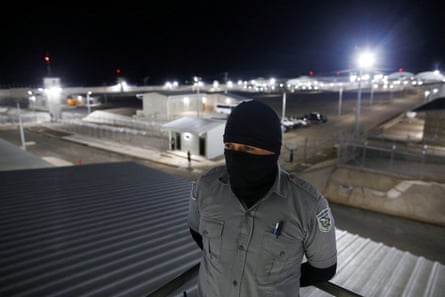
But the University of Santiago professor expressed deep misgivings about the toll Bukele’s campaign was taking on democracy and human rights and doubted El Salvador’s experience could be successfully replicated elsewhere.
Ecuador was a prime example. One year ago, its president, Daniel Noboa, declared war on the narco-traffickers who have turned his once peaceful country into one of the world’s most violent. Soon after, Noboa flew to El Salvador to discuss security policy with Bukele, although he later distanced himself from the Salvadorian, telling a US journalist: “The guy is arrogant and all about controlling power for himself and making his family rich.”
An 800-capacity “Bukele-style” maximum-security detention facility is being built on Ecuador’s Pacific coast and another expanded in the Amazon.
But Noboa’s crackdown has failed to halt the bloodshed while simultaneously exposing Ecuadorian citizens to human rights violations committed by the armed forces and police. While reporting on Noboa’s “war on gangs” in the port city of Guayaquil last January, Guardian reporters saw two groups of suspects being beaten and tortured by security forces during night raids.
“His death destroyed our family,” said Carlos Vicente Vega Molina, the father of one teenager who was shot dead last year by navy troops and falsely labelled a criminal. “We still see on social media people calling him a gang member,” Vega said. “That hurts us, and we must live with it every day.”
Dammert recognized the immense damage El Salvador’s US-born gangs had done to the 6.3 million citizens of Central America’s smallest country. “Most Salvadorians couldn’t leave their houses because they were afraid of extortion mechanisms, that included sextortion and horrible levels of violence,” she said.
But the challenge posed by groups such as Barrio 18 and MS13 paled in comparison to the situation in Ecuador which is located next to the world’s top two cocaine producers – Colombia and Peru – and has become one of the world’s most important drug smuggling routes, with the growing involvement of two of Mexico’s most powerful cartels, Sinaloa and the Jalisco New Generation cartel.
“[El Salvador’s situation] is very different from the problems we’re facing throughout Latin America that are more linked to illegal markets that are bigger, more transnational, more complex,” Dammert said.
Dammert called the idea that Bukele’s techniques could solve all of the region’s security problems “a mirage”. “It’s like something you really want to see working in your country – but it’s something [that’s] imaginary.”
The Jamaican criminologist Jason McKay also understood the attraction to Bukele’s methods, which he believed could be “extremely effective at lowering the murder rate” in a country with more than a thousand homicides a year. “That several hundred of us that are now alive and breathing will be dead before the end of the year – that’s difficult for a country to accept. And if there was a measure to stop it, I would say take it,” McKay added. “But the problem is that it does come with human rights issues as well, because innocent people may get caught into that detention.”

In Trinidad and Tobago, where escalating gang violence saw a state of emergency declared last year, the prime minister, Keith Rowley, has been urged to adopt Bukele’s “head-on” approach. But addressing parliament last month Rowley suggested human rights concerns would be an obstacle. “Recently, I heard somebody comparing us to El Salvador [where] the president … is coming and locking up everybody who smells or looks like a criminal,” he said, before adding: “We can’t do that.”
Such doubts have not dimmed Bukele’s yearning to position himself as the region’s saviour.
On Tuesday, 70 members of El Salvador’s air force landed in Port-au-Prince to join an international security force tasked with bringing the city under control.
More than a million people have been displaced by Haiti’s security meltdown, which has seen prisons and police stations overrun by criminal gangs and medical workers caught in the crossfire.
But Bukele has expressed confidence that he has the solution for Haiti’s crisis, saying in a tweet last year: “We can fix it.”
Additional reporting by Etienne Côté-Paluck in Port-au-Prince and Blanca Moncada in Guayaquil

.png) 2 months ago
24
2 months ago
24

